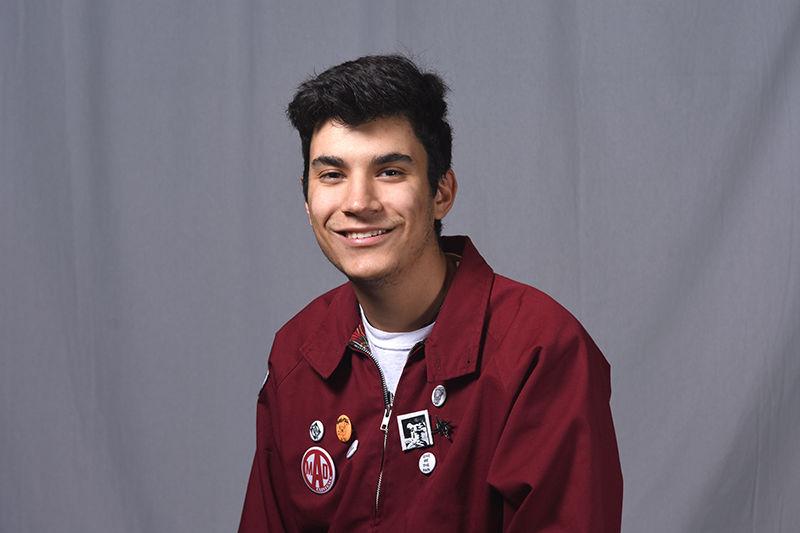Friday will mark two years since the untimely deaths of Our Three Winners.
It is during this time at NC State that we, as a compassionate student body, mourn these students and revere their time spent here and their great academic achievements as part of a growing Muslim community of students in North Carolina.
It is also during this time that we, as a proactive student body, pose questions about the systemic factors behind hateful acts such as this one, and think of solutions that encourage tolerance, acceptance and love toward the Muslim members of the Wolfpack, as well change our thinking about immigrant students.
The inherent issue is in equating a non-white, atypical appearance to being an immigrant, which is especially prevalent in our current political climate. The travel ban put into effect recently, which essentially restricts travel from nationals from seven Muslim-majority countries, is an accomplice to this problem. This ban and the rhetoric surrounding it add to the fearful narrative that most refugees and immigrants wanting to come here are Muslims, and that Muslims already here are immigrants.
Not everyone believes that I am an immigrant, simply because of my appearance. The international nature of my first name, my mostly light skin and my European features have created a comfort in other people, usually white Americans, embodied in the thought, “He’s from here.”
This is not a comfort that I want others to have. This is a comfort that manifests its true nature in the overthrowing of it, and this occurs when those who harbor this comfort meet immigrants, those who are not from here and who may not look like them. This harbored comfort is anything but comforting; it is inversely alarming, as it is hateful.
If my name was simply a more traditional Mexican name, like Jose, Pedro or Manuel, then my dark hair and the slightly brown shade of my complexion — that would be otherwise ignored because of my name — would be recognized. Thus, the comfort around my perceived heritage would be destroyed, and a range of negative, fearful feelings are liable to come into fruition.
These are feelings that produce hate, and the effects of this hate have been seen throughout this nation on college campuses, in government buildings and in places of worship.
These negative feelings against Muslims and perceived immigrants were undoubtedly directed towards Our Three Winners — Deah Shaddy Barakat, Yusor Mohammad Abu-Salha, and Razan Mohammad Abu-Salha.
Their names and their appearance, like the hijabs that Yusor and Razan wore, were especially offensive to people under a specific xenophobic political alignment that has been brewing long before the campaign trail of our current president.
The effects of this hate have been encouraged and have manifested themselves rhetorically and politically before and during this presidency.
This column was not written to promote a liberal agenda through the deaths of Our Three Winners, but rather to acknowledge the existence of this problem, which should be a priority to all regardless of partisan affiliation.
In acknowledging this, it’s our duty as a student body to be agents against anti-immigrant and anti-Muslim sentiments and areas of influence.
Though we may involuntarily single out those in our academic and professional spaces for their ethnicity and nationality, and perhaps even develop a negative opinion of them because of this, we must dismantle this form of thinking. It is an area of thought that is antithetical to the sound union of diverse American citizens, residents and students.














